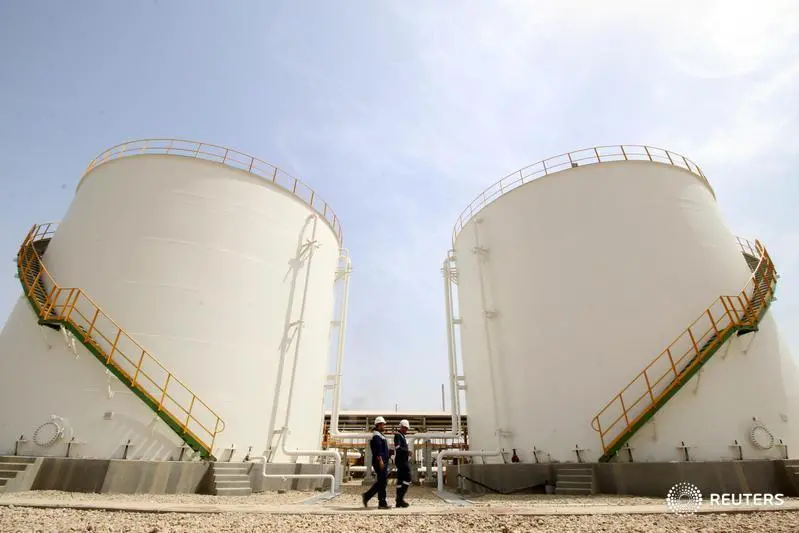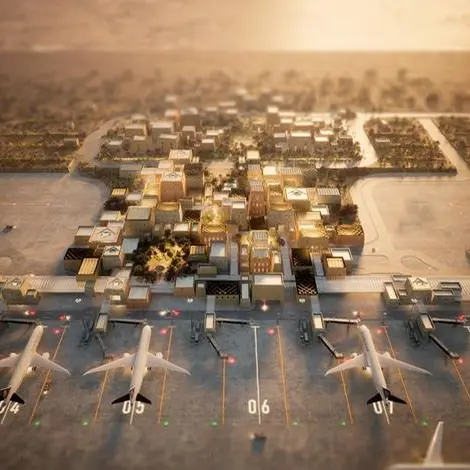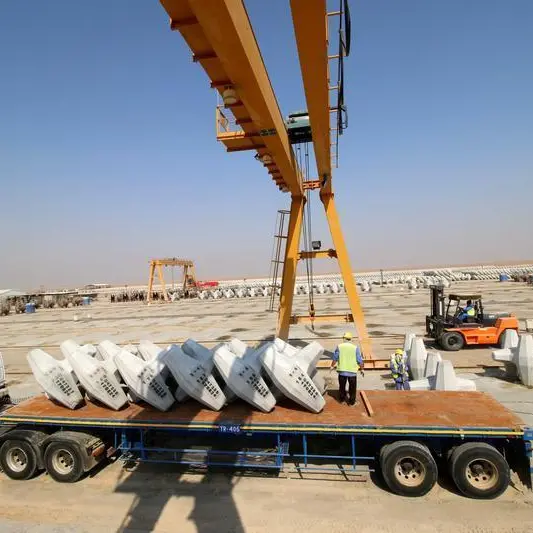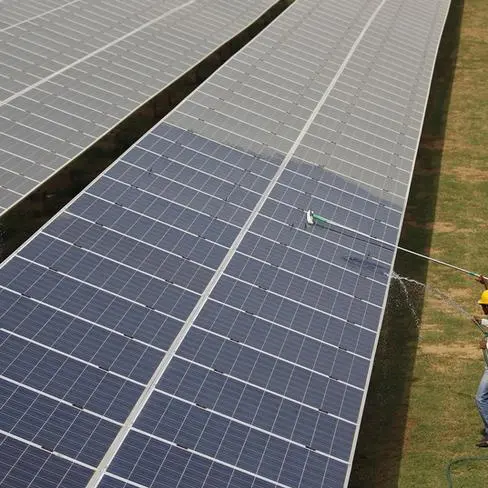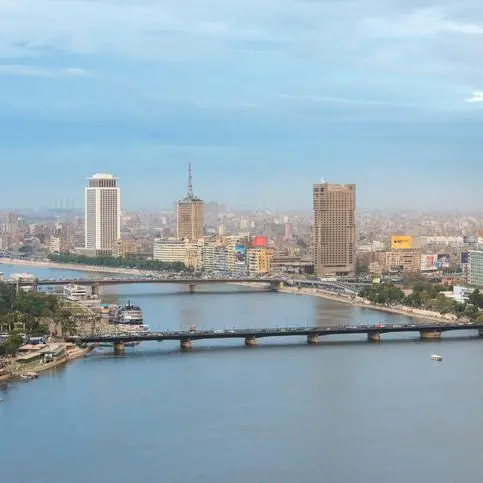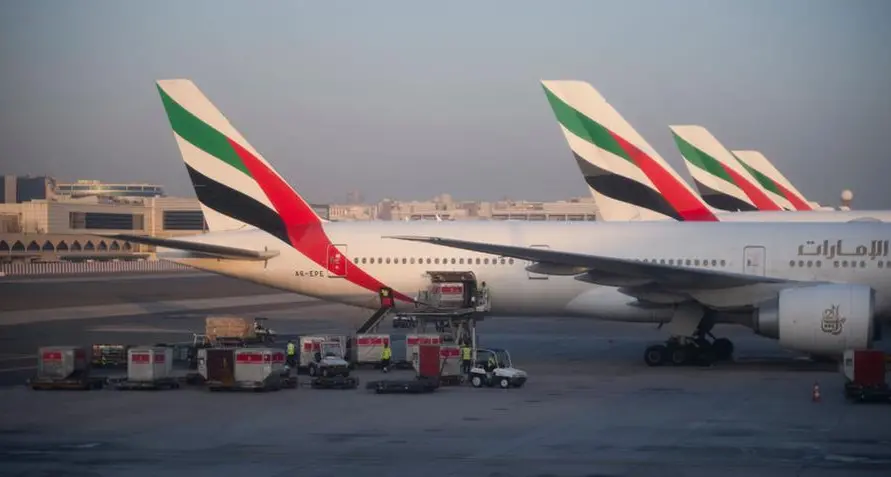PHOTO
Higher oil revenues will allow Iraq to resume work on stalled strategic projects in 2022, which in turn will help reduce unemployment and increase the Gross Domestic Product (GDP), a top government official said.
Mudher Muhammed Saleh, the financial advisor to the Iraqi government, told Zawya Projects in an interview that the country’s debt is poised to register a steep decline in 2021 with the recovery in global oil prices and the expected increase in revenues from the oil sector
He said: “For Iraq, the year 2022 would be free of financial hardships and financing restrictions caused by lack of revenues due to the global boom in oil demand and higher revenues due to anticipated increase in Iraq's oil production by 400,000 barrels per day.”
Saleh said the current oil production, by itself, will generate an annual additional revenue estimated at about 17 trillion Iraqi dinars ($11.6 billion) at average price of $75 per barrel.
He forecasted that Iraq's economic growth will reach 4.5 percent in 2022 compared to 3.5 percent in 2021, adding that higher oil prices have always had a multiplier effect on the economy while the government’s smart expenditure policy has benefitted local businesses.
“Nearly 2 trillion dinars ($1.4 billion) of government expenditure was directed to construction and agricultural sectors, which boosted the local economy. Additionally, the settling of pending dues of farmers and contractors contributed to higher level of economic activity and restarting of work on stalled strategic projects.”
The official also added that planning ministry is prioritising strategic projects with direct impact on the life of the citizens.
“The Ministry of Planning is reviving 200 projects annually, which has contributed to 3.5 percent GDP growth this year. Any increase in economic growth over population growth brings prosperity to the country. I expect economic growth to rise to 4.5 percent next year,” Saleh said.
Iraq’s budget is expected to achieve a financial surplus for the first time in 2021, according to Saleh.
“Even if there is a need to borrow, it cannot exceed three percent of the Gross Domestic Product as stipulated in the financial management law since construction projects are being financed with international loans. In my estimation, external borrowings do not exceed $3 billion per year.”
He added that if the spending ceiling in the 2022 budget is the same as in 2021, and if the oil prices throughout the year average not less than $75 a barrel, then the oil revenues alone cover the total expenses of the budget while the surplus would be provided from the availability of other non-oil revenues.
(Reporting by Majda Muhsen; Editing by Anoop Menon)
Disclaimer: This article is provided for informational purposes only. The content does not provide tax, legal or investment advice or opinion regarding the suitability, value or profitability of any particular security, portfolio or investment strategy. Read our full disclaimer policy here.
© ZAWYA 2021
